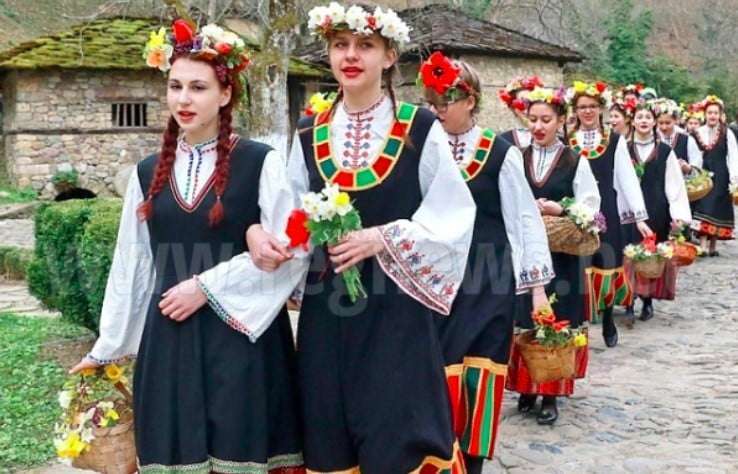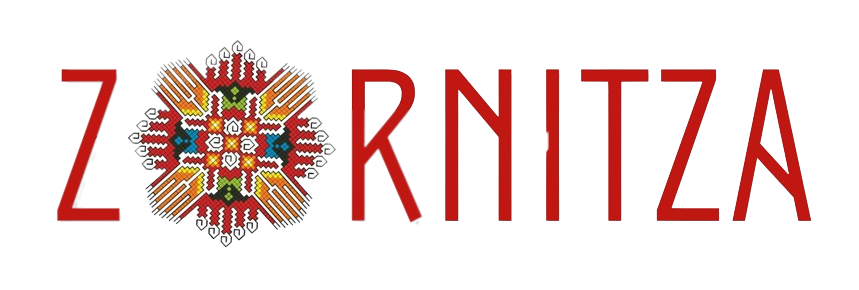
Ritual Symbolism
By performing the ritual dances, it is believed that the household they visit will experience an increase in the prosperity of their fruitful livestock in the season to come – a vital element for a prosperous year ahead. In exchange, the Lazarki collect eggs which they will paint in the week leading up to Easter.
At the end of the day, the Lazarki gather by a nearby river where they release their wreaths simultaneously. Traditionally, it was believed that the wreath which took the lead down the stream belonged to the girl who would be married next.
Fun Facts
The celebration
The celebration does not have a fixed date; instead, it consistently falls on the Saturday precisely 8 days before Easter.
In 2024, Lazarus Day will be celebrated on April 27th, while in 2025 it is set to take place on April 12th.
Food
Food prepared on Lazarus Day is vegetarian, as religious individuals have begun their meatless Easter fasting.
Common dishes prepared include nettle soup, green salads & freshly baked bread.

Names
Individuals bearing names like Lazar, Lazarina, Lazarka, Luchezar celebrate their name day. The names are symbolic of good health and longevity.

